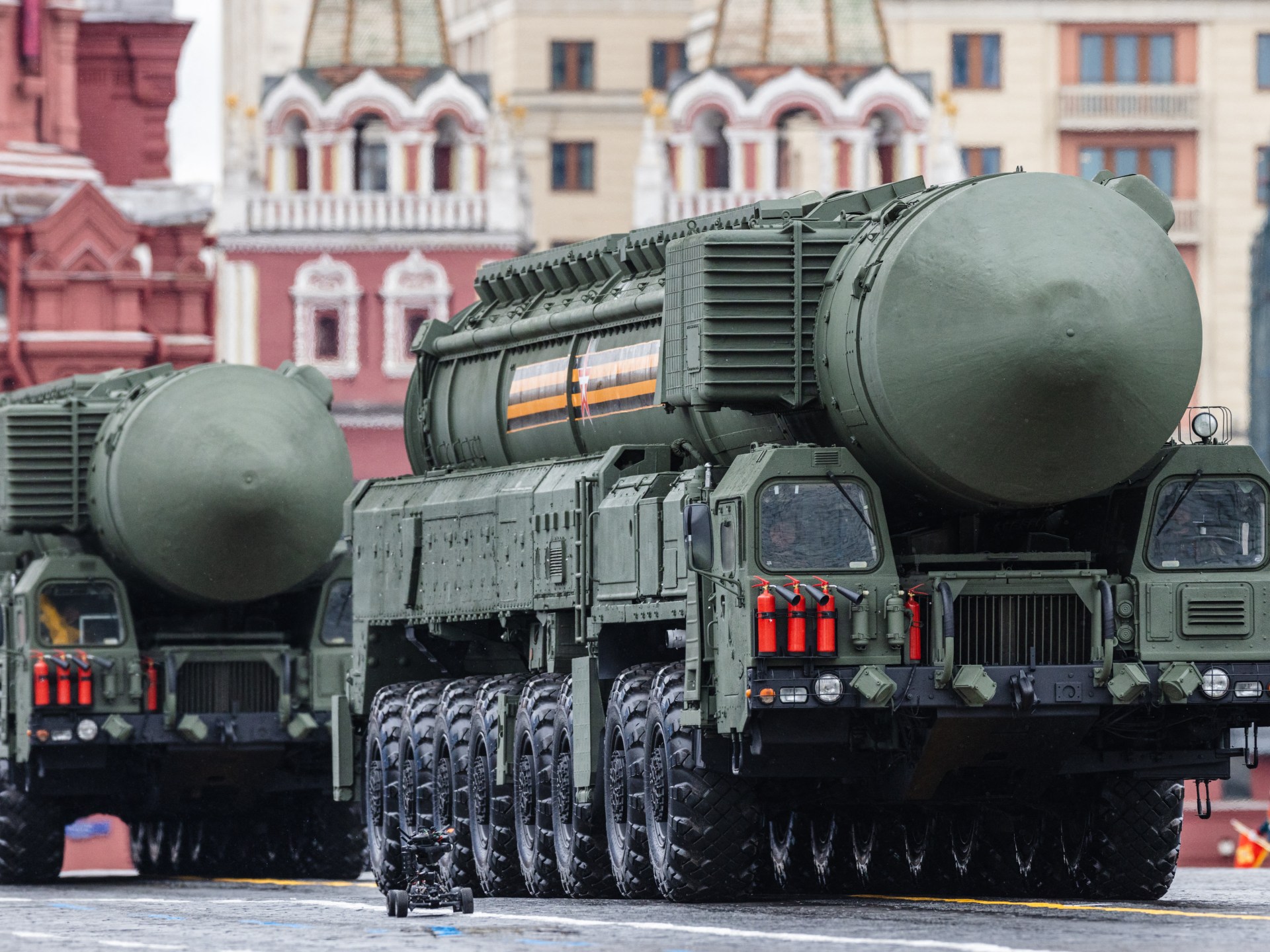The Russian Foreign Ministry announced, on Monday, that the meeting between Russia and the United States to discuss the possibility of resuming inspections under the "New START" treaty, the main nuclear disarmament agreement between the two powers, has been postponed indefinitely.
The Russian news agency "Tass" quoted the Ministry of Foreign Affairs as saying, "The meeting of the bilateral advisory committee within the framework of the (New START) treaty, which was initially scheduled to be held in Cairo between November 29 and December 6, will not take place on the specified date." Adding that it was "postponed indefinitely."
According to Washington, Moscow did not give a justification for postponing the scheduled meeting in Cairo.
"We have not received a real answer from the Russians to explain the reasons that prompted them to postpone the meeting," said John Kirby, a spokesman for the US National Security Council.
Kirby expressed his hope to resume discussions "as soon as possible," stressing "the importance of this matter not only for the two countries, but also for the rest of the world."
The postponement comes in the ninth month of the Russian war on Ukraine, at a time when tensions between Moscow and the West have reached their peak.
Washington announced the meeting in early November, expressing its hope for a "constructive" meeting, and noting the importance of continuing to talk with the Russians about "risk reduction" despite the war in Ukraine.
Reducing nuclear power
The last meeting of this advisory committee is in October 2021.
Russia announced in early August the suspension of planned US inspections at its military sites under the "New START" treaty, stressing that this is a response to US sanctions against similar Russian inspections in the United States.
The New START treaty is the latest bilateral agreement of this kind linking the two major nuclear powers in the world.
Signed in 2010, the treaty stipulates that the arsenals of the two nuclear powers be limited to a maximum of 1,550 nuclear warheads each, which represents a reduction of approximately 30% compared to the previous ceiling set in 2002.
It also limits the number of Strategic Launchers and Heavy Bombers to 800, which is enough to destroy the Earth many times over.
In January 2021, Russian President Vladimir Putin extended the treaty by 5 years, until 2026.

